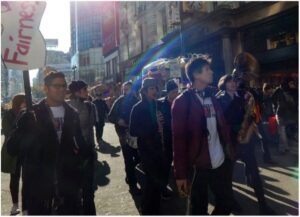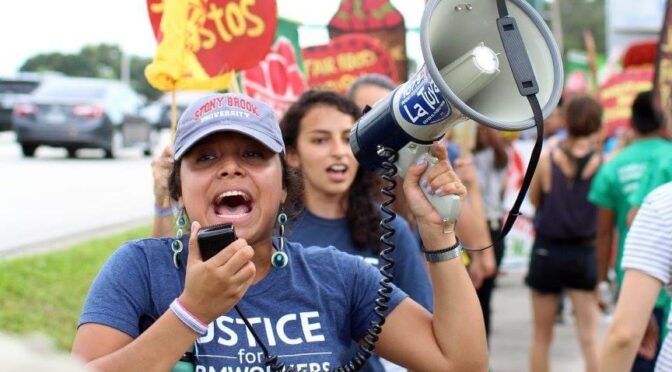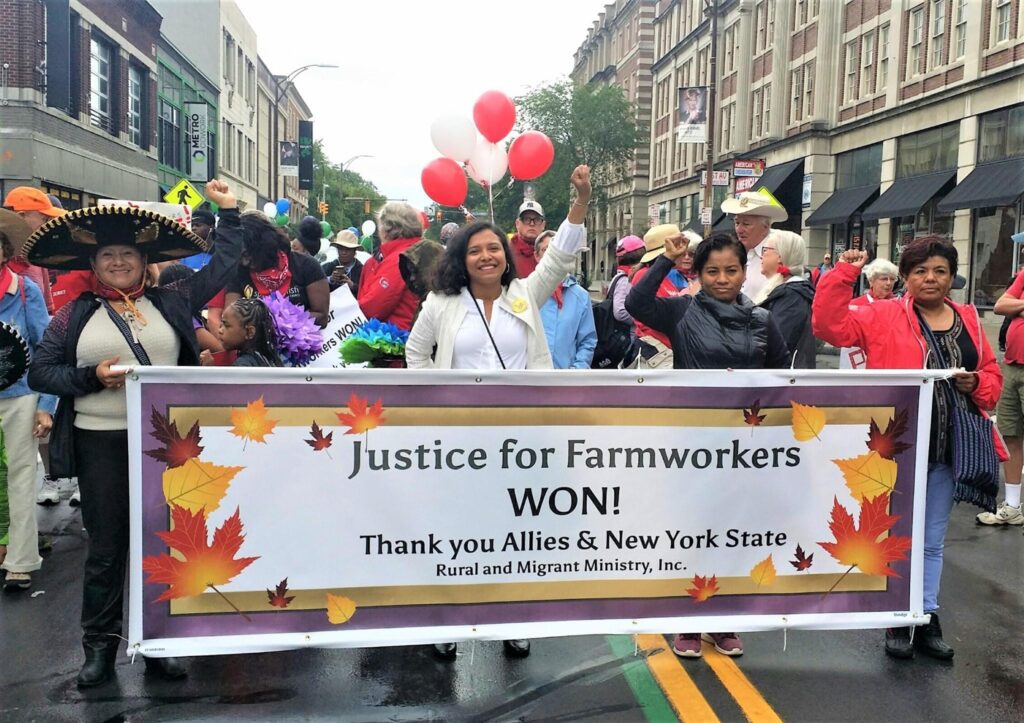 For Pedro Freire (Class of 2022, MALS) the journey has been long from South America to Connecticut to CUNY to California—and often arduous. But now he can see how all his experiences, good and bad, have brought him here, to the University of California Riverside Ph.D. program in ethnic studies.
For Pedro Freire (Class of 2022, MALS) the journey has been long from South America to Connecticut to CUNY to California—and often arduous. But now he can see how all his experiences, good and bad, have brought him here, to the University of California Riverside Ph.D. program in ethnic studies.
“I came to the US with my parents when I was four, from Ecuador. My father was an aviation technician and my mother was a cook for the Ecuadorian embassy. Back in the ‘80s there was a neoliberal restructuring of the economy and the airlines got privatized. Austerity and privatization, typical appendages of neoliberal capitalism, worsened the economy and my parents decided to emigrate to the United States. We made the huge move first to Queens, NY, then my father got hired by a printing press and we moved to Connecticut.”
“Growing up undocumented was tough,” Pedro admitted. “I’ve met a lot of people who are undocumented and are struggling—not being able to get IDs or a driver’s license—so I can understand what they are going through. There’s a lot of anxiety, bordering on depression. But at the same time, I feel kind of privileged to have the opportunity to have DACA status and not be fearful of ICE or deportation. Of course, DACA folks also lack access to certain social services and aid such as food stamps or financial aid for students for instance.”
Pedro paused. “On second thought, maybe privilege isn’t the best choice of words. There is a bit of dystopic irony here, that one would resort to calling the prospect of not being detained and deported by ICE a privilege. Maybe I’m just jumbling words, but what I’m trying to say is that even though I’m in a more privileged position than fellow undocumented folks, DACA still serves no long-term pathway to citizenship and those without DACA are in an even more precarious predicament. If it were up to me, militarized borders wouldn’t be a thing and the free flow of migration would not be restricted, but the imperialist capitalist world system won’t allow that.”
“Many immigrants must deal with the fears of being separated from their friends, families and loved ones. This shouldn’t be happening, but sadly, the reality is that borders exist to restrict the movement of people and goods for the benefit of capitalists, and no solid reforms or a pathway to citizenship have been won so far.” Continue reading California DREAMer: Pedro Freire Heads West with an M.A. from SLU (and a lot of ideas!)




